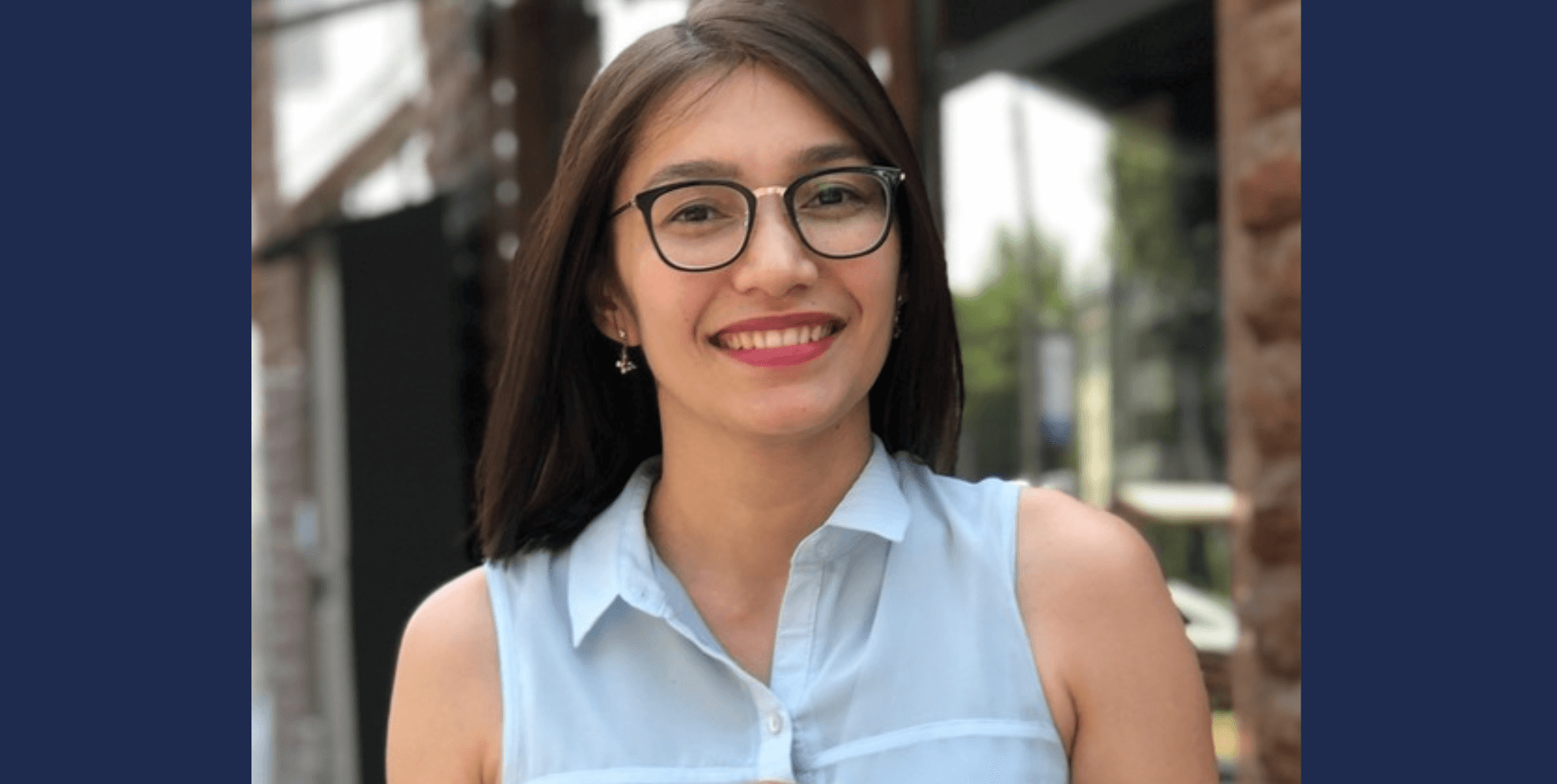Protecting rights and making citizens’ voices heard in Uzbekistan

When Uzbekistan’s new leadership set out to ‘modernise and liberalise all spheres of life’ in 2016, the government’s ambitions included the adoption of international standards in citizen participation. Many citizens have grasped the opportunity to make their voices heard using the plethora of new mechanisms that have been set up: community councils, online petitions, ‘people’s surgeries’ and many more. JST Fellow Dilfuza Kurolova (Uzbekistan, 2019) has been at the heart of developing mechanisms that enable citizens to communicate effectively with their government and protect their rights for a number of years and she was recently recognised for her contribution in to ‘changing the course of Uzbekistan’s modern history’.
Dilfuza is a human rights lawyer, mediator and civic activist, who promotes international standards in economic, social and cultural rights through her work with civil society organisations, government and international donors. Dilfuza taught human rights law to undergraduates and provides free legal advice via an online platform in her spare time. She has a Master`s in Politics and Security from the OSCE Academy in Bishkek and an LLM from Tashkent State University of Law.
During her JST Fellowship Programme in 2019, Dilfuza’s Action Plan focused on enhancing the way citizens engage with local government bodies to ensure that their social, economic and cultural rights are protected. Specifically, she was concerned by the requirement in Uzbekistan for groups of citizens to register as legal entities in order to engage formally with local authorities and wanted to explore potential mechanisms for overcoming such barriers in the UK. As part of her individually tailored programme of meetings, Dilfuza investigated how local governments in the UK manage citizen engagement, what mechanisms they use and how these are perceived and used by citizens. Dilfuza met with governmental experts, public engagement organisations as well as local councils. Dilfuza was amazed how open Members of Parliament and the Supreme Court are for constituents and citizens, and says she gained really valuable insights from her meetings with the Scottish Government’s Chief Social Researcher, Carnegie Trust UK, COSLA, NCCPE and MySociety, among others, but was particularly inspired by the detailed experiences and lessons that staff at Hackney Council shared with her about the council’s journey from being ranked among the worst in service delivery to becoming one of the best in London.
While the pandemic has interrupted certain elements of her Action Plan, Dilfuza has incorporated lots of the knowledge and experience she gained in the UK into her work with the World Bank’s Social Development Team, International Commission of Jurists and her many projects promoting civic activism. She organised two online discussion platforms on access to justice during COVID-19, and participated in a number of high-level public events, where she promoted civic engagement principles and best practices learned in the UK. Dilfuza says, “I constantly refer to my experiences in the UK, for example the concept of MPs’ surgeries, mySociety’s work on facilitating communication between citizens and authorities, and the citizen-centric approach to designing public policy.” She also values the network of contacts she made during the programme and puts her invitation to join a recent Foreign Policy Centre panel discussion and her recognition as an expert in her field by the prestigious UK foreign affairs think tank Chatham House partly down to her Fellowship experience. Dilfuza says. “I would never expect such appreciation and recognition and I think the John Smith Trust plays a big part in it. Let alone the life-long friendships I made with JST Fellows!”
July 2021
